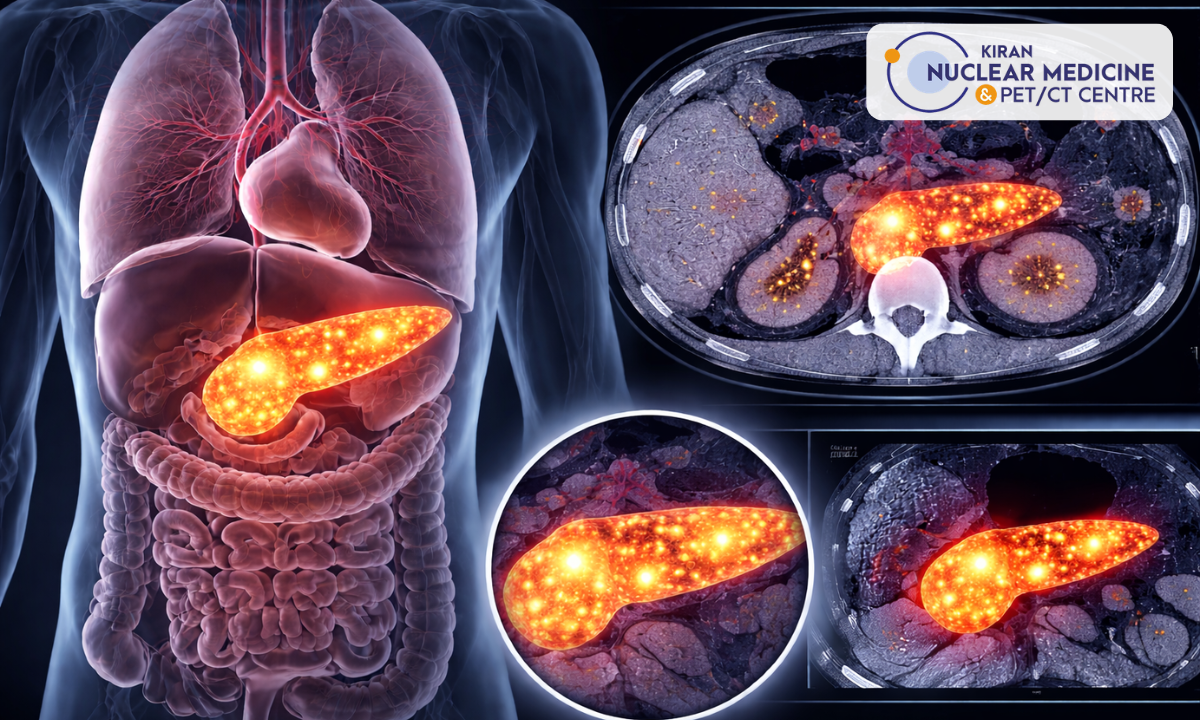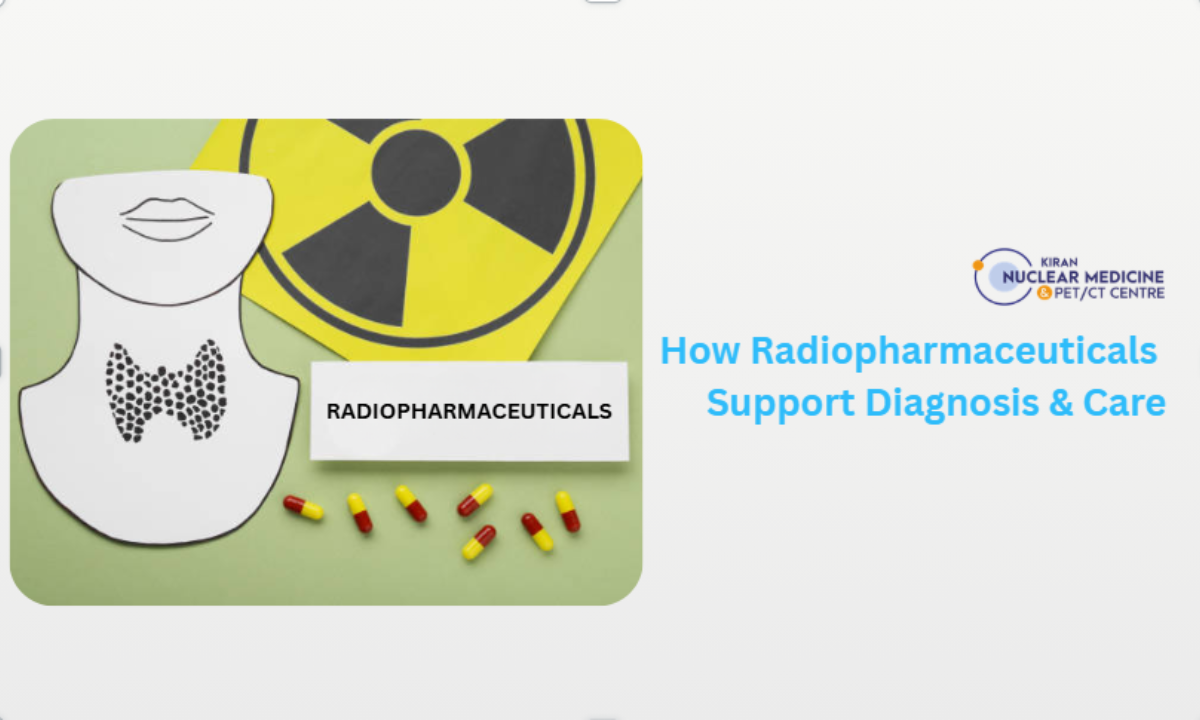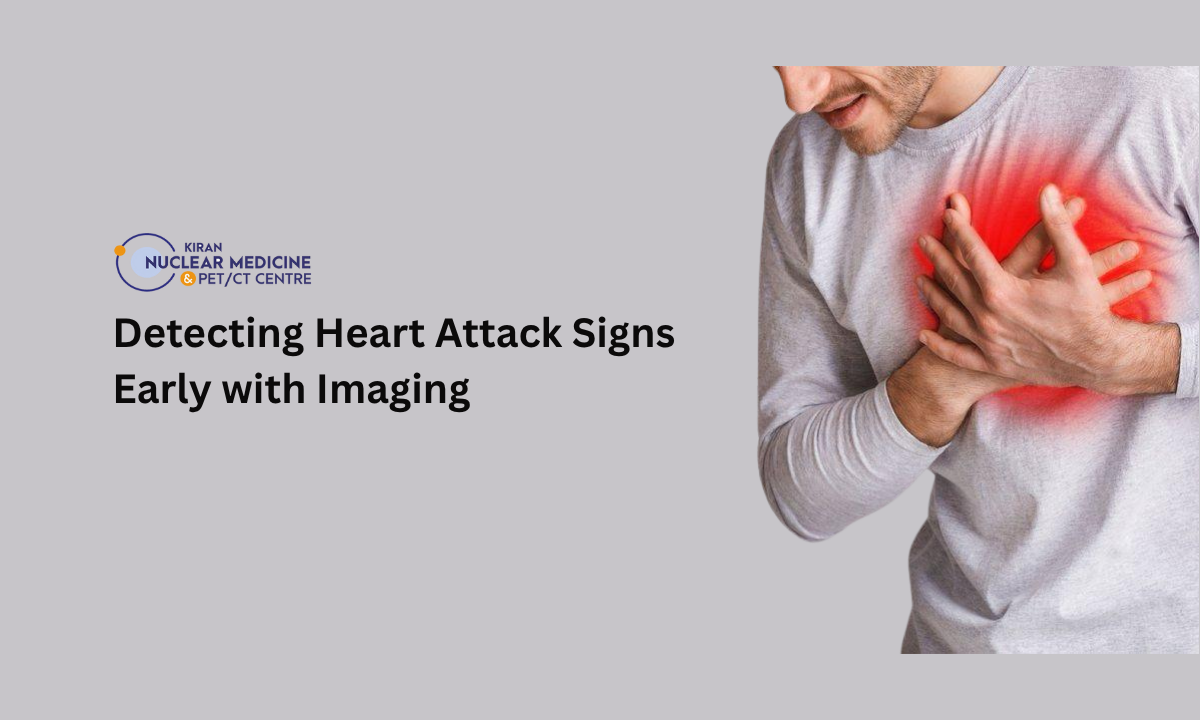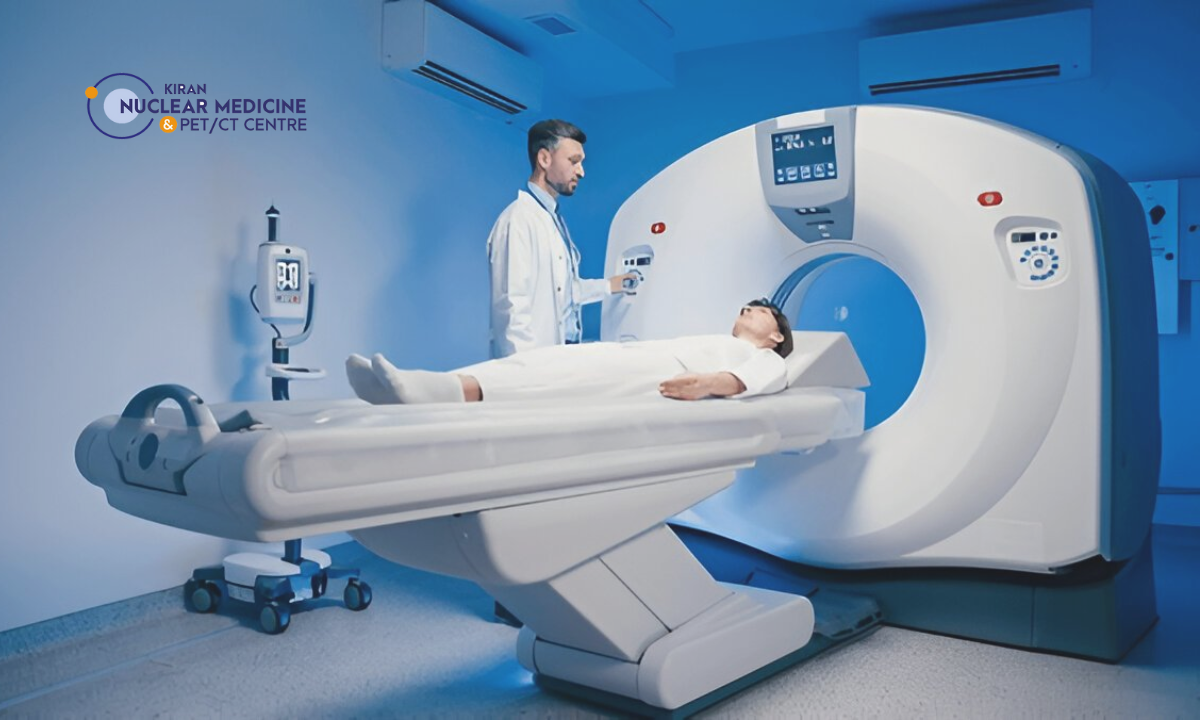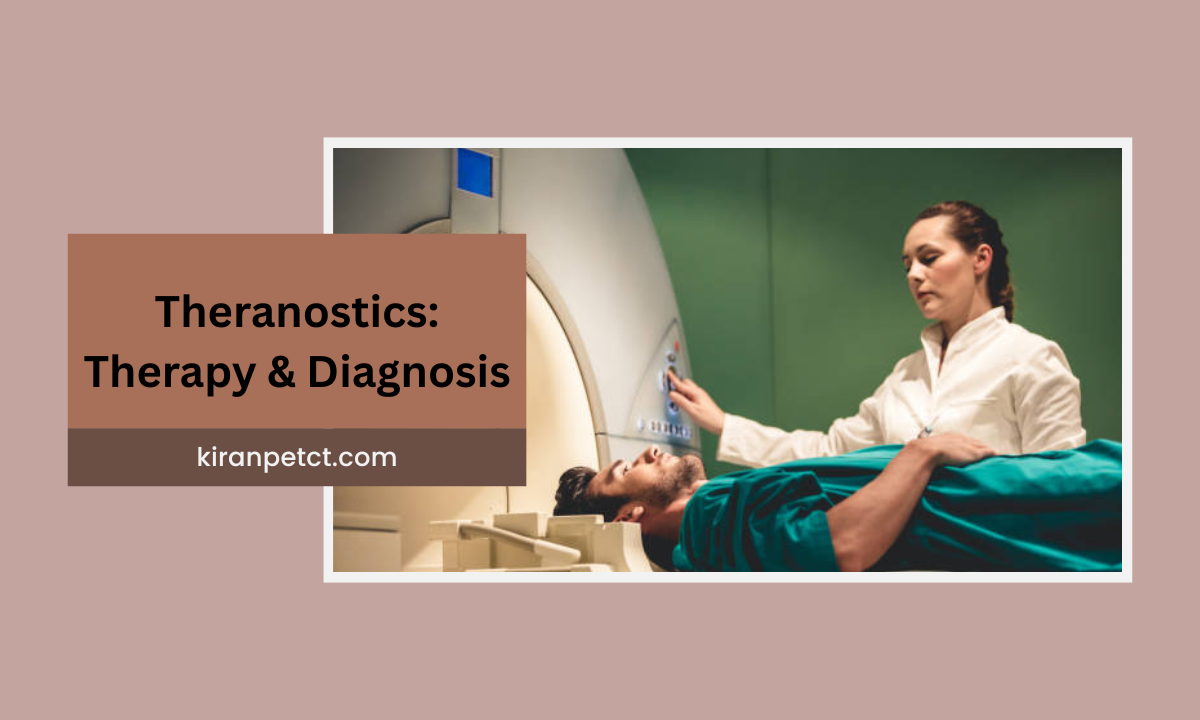Learning about the thyroid and its contribution to overall health has gained more prominence based on the growing number of disorders related to the thyroid. Be it hypothyroidism, hyperthyroidism, or a strange lump on the neck, the diagnostic process typically starts with a thyroid scan. But before getting tested, patients often ask a set of questions regarding the procedure, its safety, precision, and pertinence.
In this blog, we will answer the top 10 questions patients ask before booking a thyroid scan, helping individuals make informed decisions about their health and consult healthcare professionals with clarity and confidence.
1. What is the Purpose of a Thyroid Scan?
A thyroid scan is an imaging test that helps to evaluate the function and structure of the thyroid gland. It gives visual evidence of the size, shape, position, and possible abnormalities like nodules or cysts of the gland. A thyroid scan is necessary when symptoms indicate thyroid hormone function imbalance or when a lump is found on a physical examination.
2. When is a Thyroid Scan Recommended?

Physicians prescribe a thyroid scan when:
- A patient has an abnormal level of thyroid hormones in the blood
- A thyroid nodule is discovered
- There is a suspicion of overactivity or inflammation of the thyroid gland
- A patient is undergoing an assessment for goiter or cancer of the thyroid
There’s a necessity to measure the extent to which the thyroid gland is functioning normally after treatment.
3. How Is a Thyroid Scan Done?
The scan usually involves exposure to a small dose of radioactive material (tracer) taken either orally or by injection. Specialized camera detection follows the radiation from the tracer as it collects in the thyroid gland. The whole process is not invasive and usually takes 30-60 minutes.
4. Is the Radiation in a Thyroid Scan Safe?
Yes, the amount of radiation employed in a thyroid scan is very small and safe for the majority of patients. It’s even less than the radiation received through many standard imaging methods, including CT scans. Though, it might not be safe for pregnant or lactating women due to radiation susceptibility.
5. Will I Need to Stop Taking My Thyroid Medication?
In other instances, patients are recommended to discontinue their thyroid hormone medications or omit foods and iodine-containing supplements prior to taking the scan. This is a measure taken to prevent the effects of external influence on the outcome of the scan. Your health care provider will provide instructions relevant to your treatment at the time.
6. Can a Thyroid Scan Detect Cancer?
A thyroid scan can also be useful to detect suspicious nodules or irregular areas that can be further investigated. It cannot, however, confirm cancer. Abnormal uptake patterns on a scan can prompt a fine-needle aspiration biopsy for a more precise diagnosis.
7. What Do “Hot” and “Cold” Nodules Indicate in a Thyroid Scan?
As the scan is performed, portions of the thyroid gland that trap greater amounts of radioactive material are known as “hot” nodules, whereas those that trap smaller amounts are known as “cold” nodules.
Hot nodules are usually non-cancerous but can result in thyroid hormone function abnormalities such as hyperthyroidism.
Cold nodules are more likely to be non-functional and may need additional testing to exclude malignancy.
8. Do I Need to Fast Before a Thyroid Scan?
Usually, fasting prior to a thyroid scan is not necessary, although certain foods and drugs may need to be avoided as instructed by your physician. Strict adherence to all pre-examination instructions helps assure the precision of results.
9. Are There Any Side Effects After a Thyroid Scan?
Side effects are uncommon. Fewer than half of patients have any discomfort following the scan. Some may have minor nausea or an allergic reaction to the tracer, a very rare occurrence. Be certain to inform the technician before the scan if you have any allergies or previous response to imaging agents.
10. Where Can I Get a Thyroid Scan in Bangalore?
For residents of Bangalore, many diagnostic centers have the facility for thyroid scans done using cutting-edge imaging technology. It is a good idea to pick a certified and reputed center. Opt for centers that offer end-to-end solutions—from consultation to scan and analysis of the post-scan report.
Conclusion: Personalized Thyroid Care and Kiranpet’s Role in Patient Education
Knowing the value of thyroid scans, ranging from early diagnosis to treatment planning, is vital for effective management of thyroid health. Scans unveil important information on the thyroid gland function and enable physicians to discover possible thyroid hormone function abnormalities on time.
In today’s digital healthcare ecosystem, platforms like Kiranpet are empowering patients by providing transparent access to diagnostic services, including thyroid scan in Bangalore. By enabling easy booking, reviewing test packages, and finding trusted clinics, Kiranpet simplifies the patient journey from symptom awareness to action. It is a valuable tool in helping people take control of their thyroid health by making informed choices backed by medical clarity.
If you are thinking of a Thyroid scan in Bangalore, Kiranpet gets you in touch with the correct experts and test laboratories, making it a smoother, quicker, and more efficient experience.



